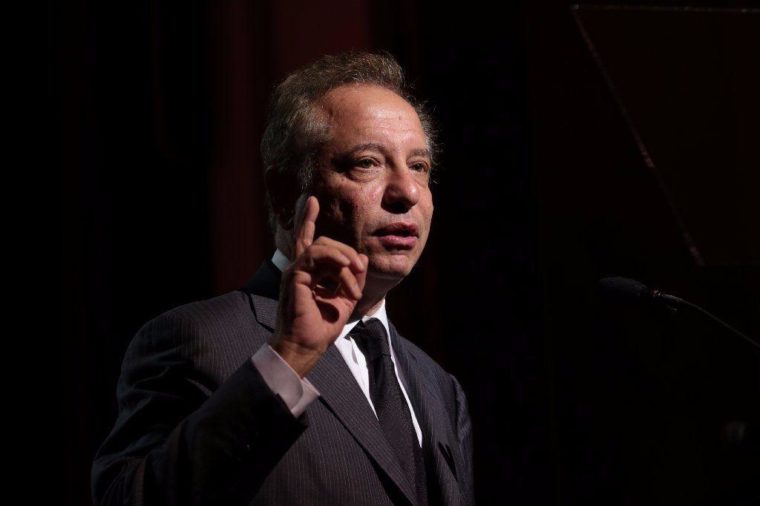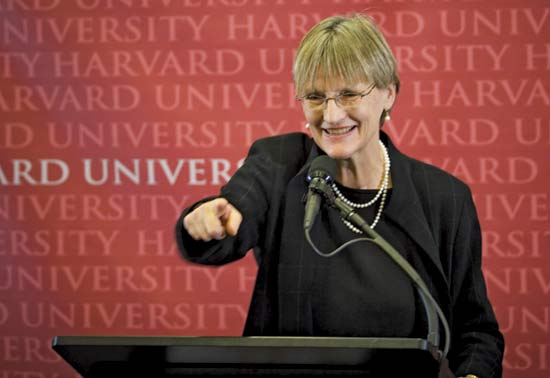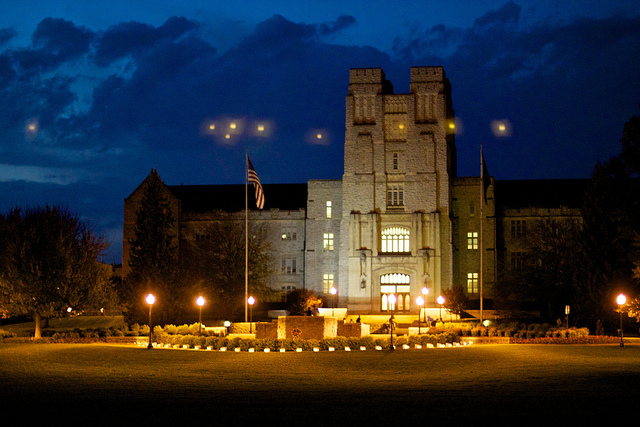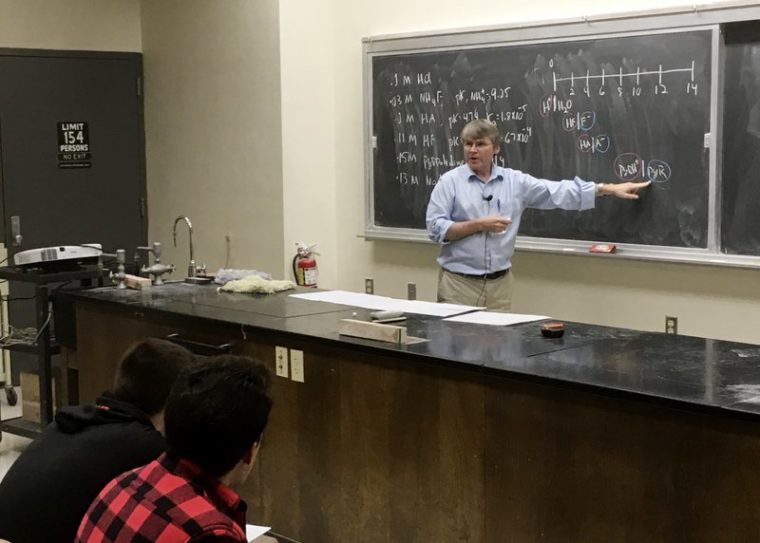The story of former USC Medical School Dean Dr. Carmen Puliafito has to be one of the most salacious stories to hit higher education in recent years. In an explosive story in the Los Angeles Times, reporters detail Puliafito’s history of drug use and partying with prostitutes and criminals. How could an incredibly successful dean be wrapped up in something like this? How did he get away with it? In today’s post, I want to suggest what we can learn from USC medical school dean’s drug induced parties.

By many accounts, Dean Puliafito was enormously successful prior to his retirement after 10 years of leading the USC Keck School of Medicine. Puliafito personally helped raise $1 billion in gifts and led a school on the rise in the rankings. Keck brought in students, $200 million in research grants, and was a centerpiece of USC’s rise to national prominence.
However, there was more going on with Dean Puliafito. Much more in fact—so much so that they won’t be able to make a Lifetime movie about him because no one will find it believable!





